1 to 10 of about 999

Join us for a conversation between Carnegie nonresident scholar Adam Tooze and Carnegie president Mariano-Florentino (Tino) Cuéllar. This event is part of a series on the global political economy organized by the Carnegie Endowment for International Peace.
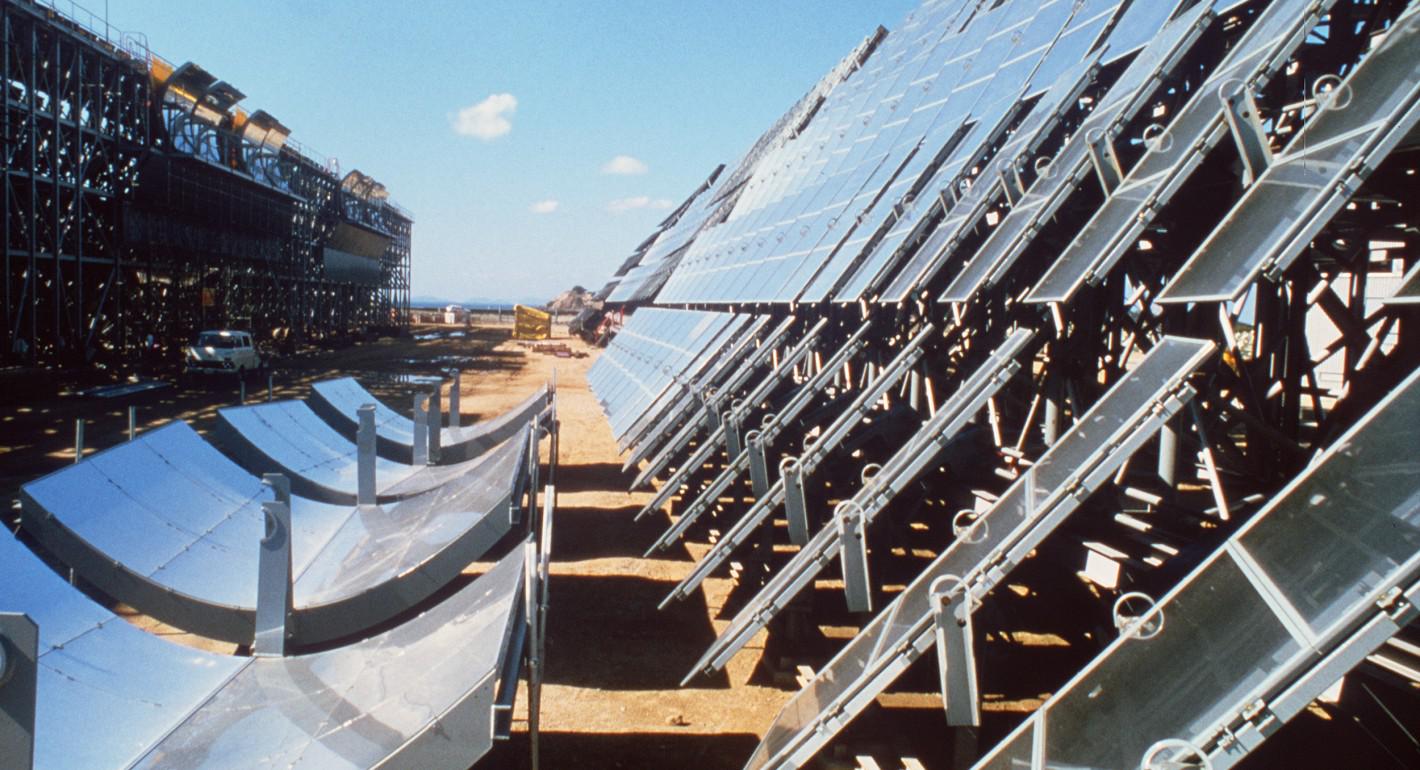
The idea of reflecting sunlight into space to cool the Earth is controversial, but the Biden administration’s support for further research and multilateral cooperation is welcome.
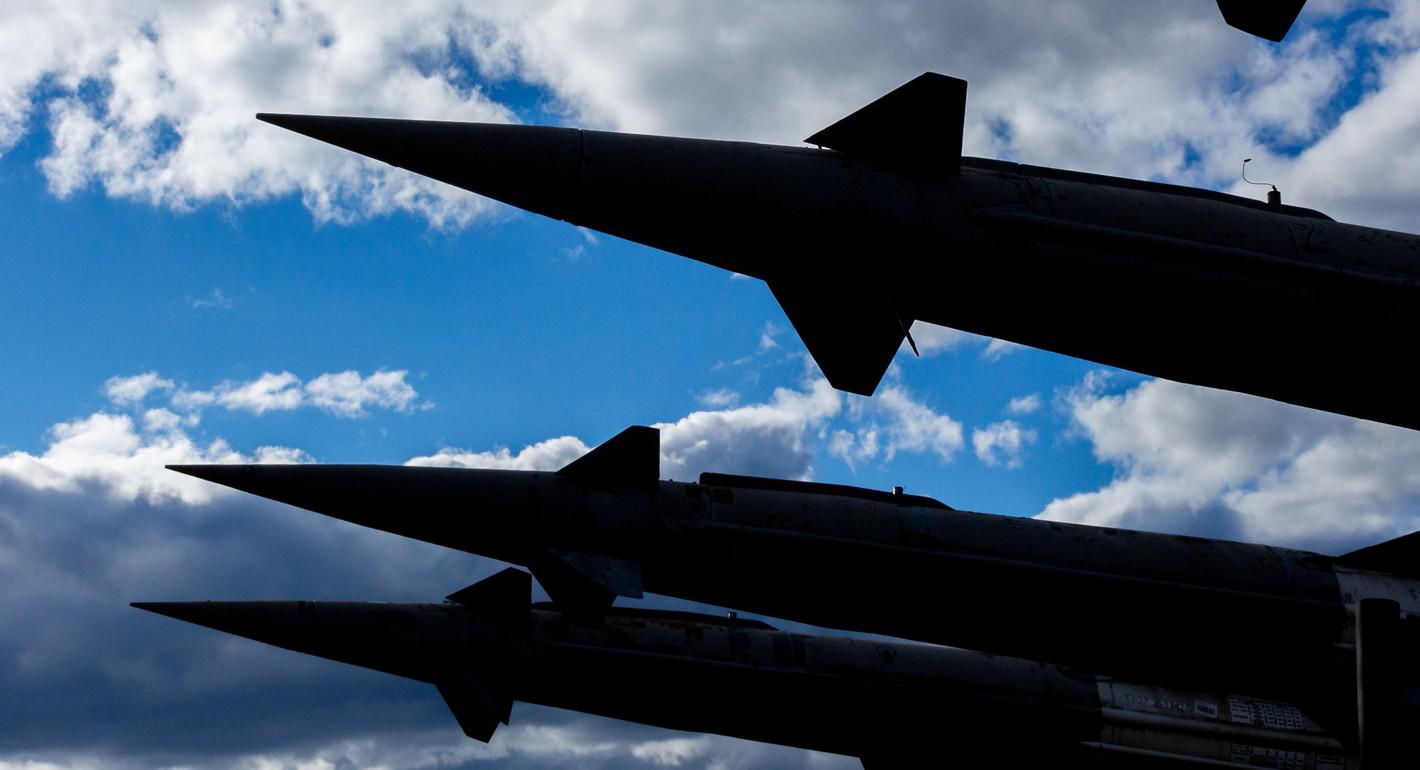
Climate change stands to impact each leg of the U.S. nuclear triad in different and increasingly serious ways. Given the high-stakes nature of the nuclear enterprise, the Department of Defense and other key stakeholders must better prepare for, mitigate, and adapt to these climate challenges.

Beijing is leading the way in AI regulation, releasing groundbreaking new strategies to govern algorithms, chatbots, and more. Global partners need a better understanding of what, exactly, this regulation entails, what it says about China’s AI priorities, and what lessons other AI regulators can learn.
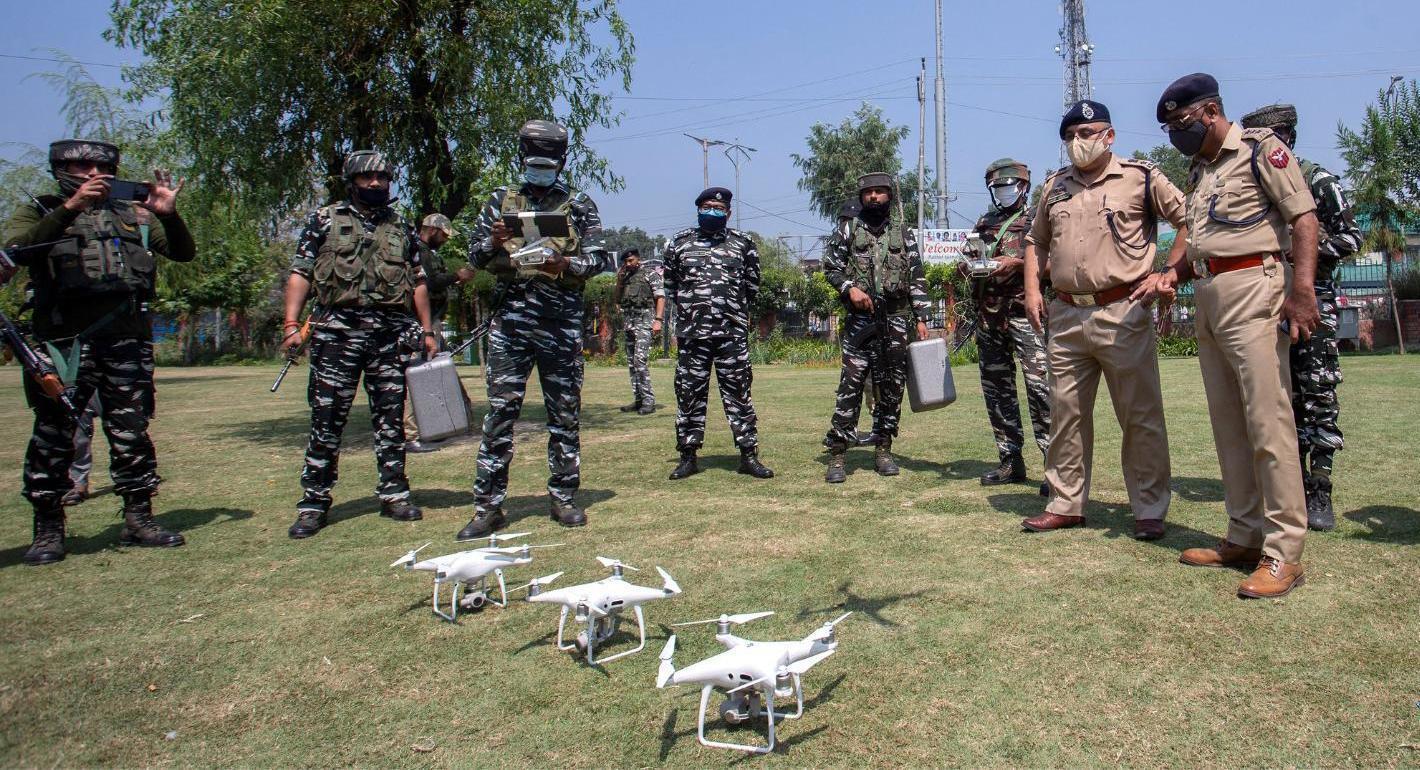
Over the last three years, drone intrusions along the India-Pakistan International Border have increased. This commentary describes the nature of this new threat and outlines countermeasures deployed by the Indian security establishment so far.
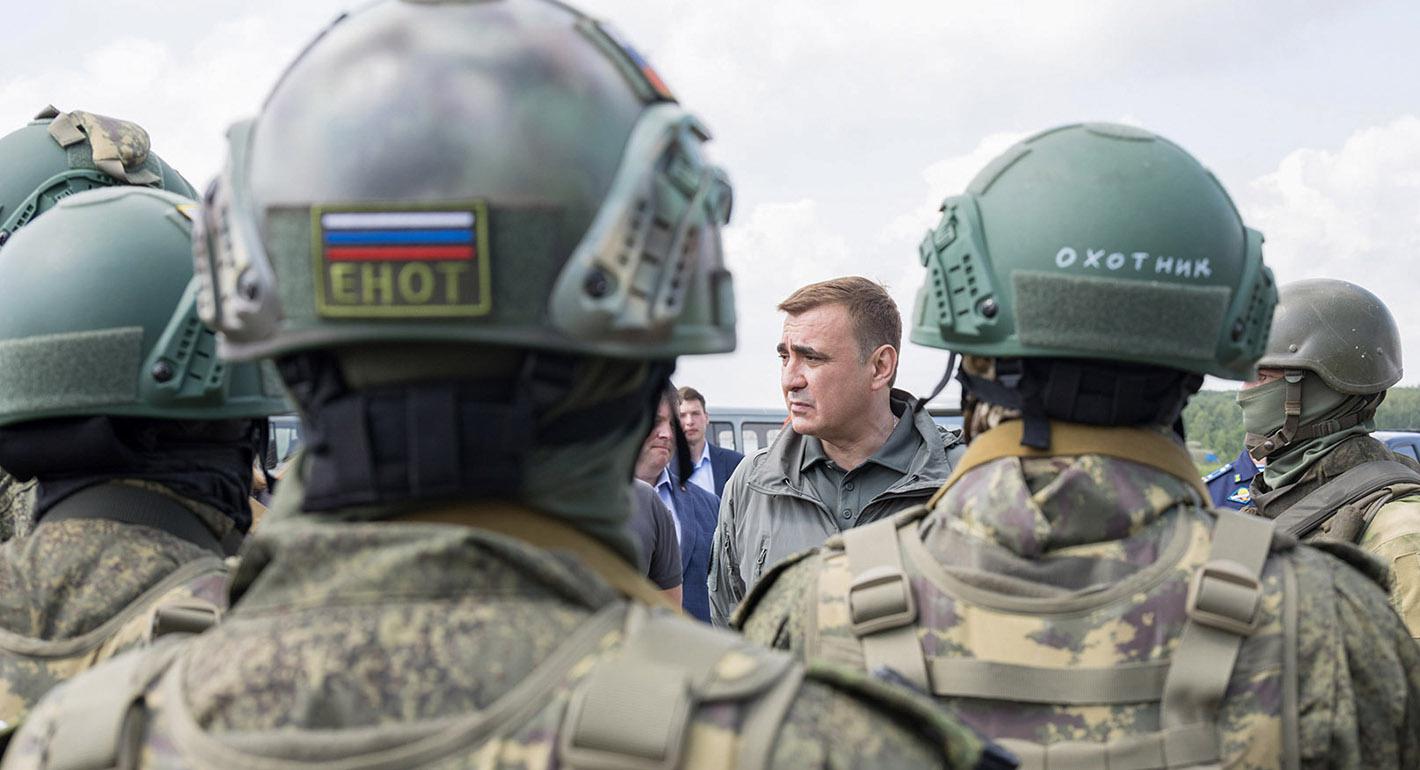
Putin’s former bodyguard and current Tula governor Alexei Dyumin is eternally tipped for a position in the federal government, yet is still waiting after seven years.
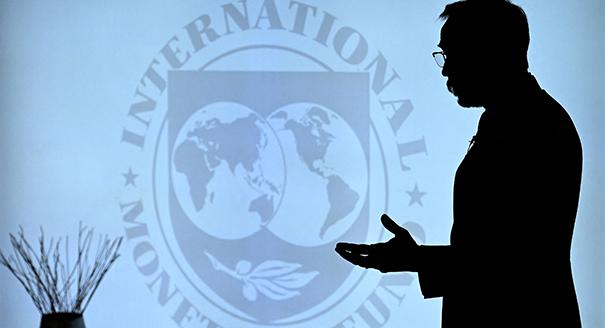
Spot analysis from Carnegie scholars on events relating to the Middle East and North Africa.
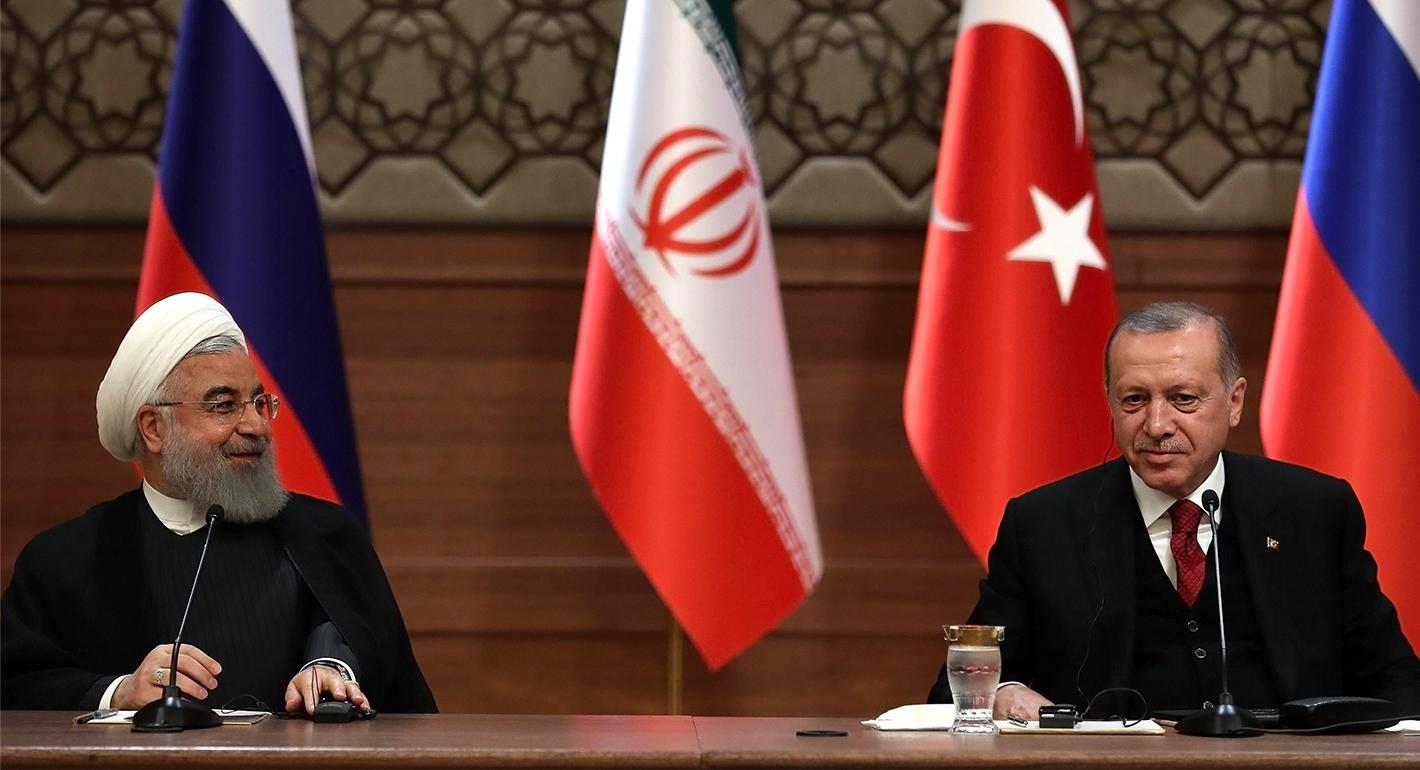
While the Turkish president will continue to renew relations with countries across the Middle East, the possibility of a Türkiye-Syria rapprochement may depend on Iran’s involvement.
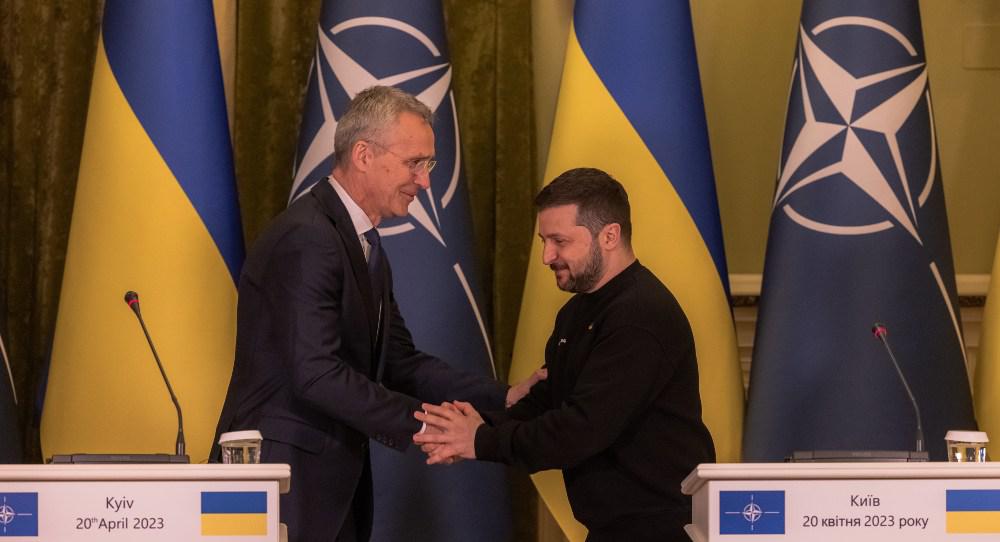
Ukraine’s admission into NATO would help deter Russia and strengthen Euro-Atlantic security. Ambiguity at the Vilnius summit can only embolden Vladimir Putin.
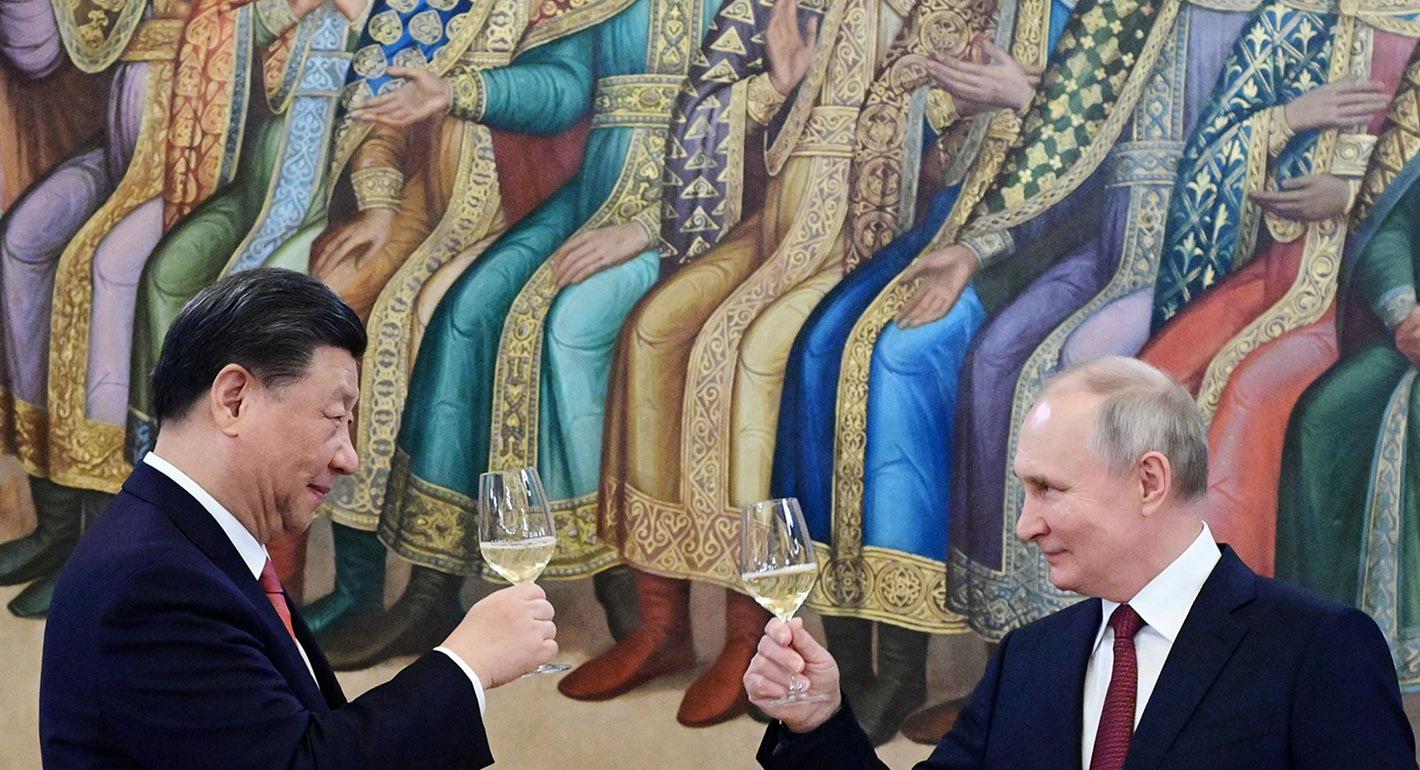
China may have the opportunity to turn Russia into its vassal, but it has no compelling reason to do so.